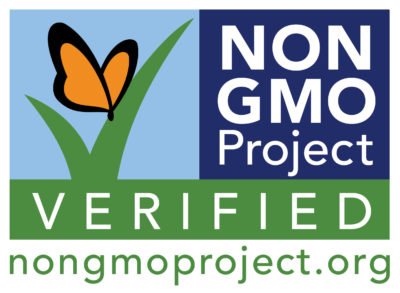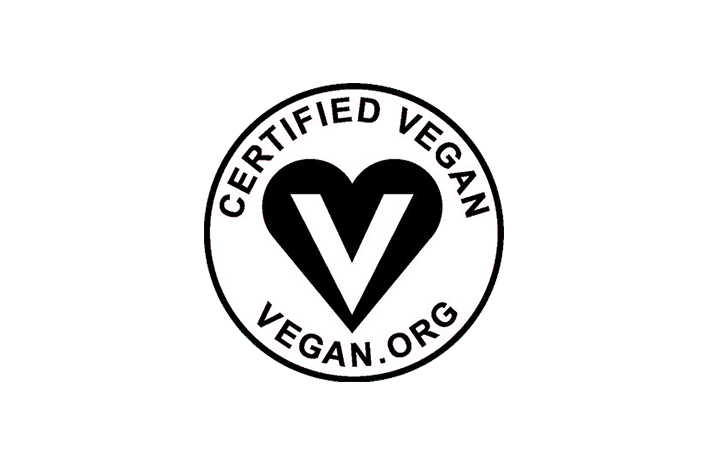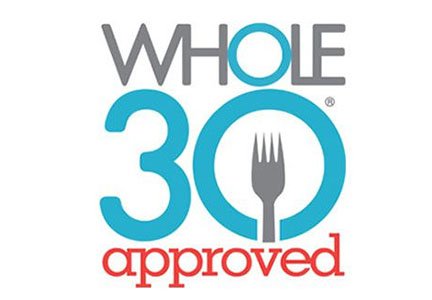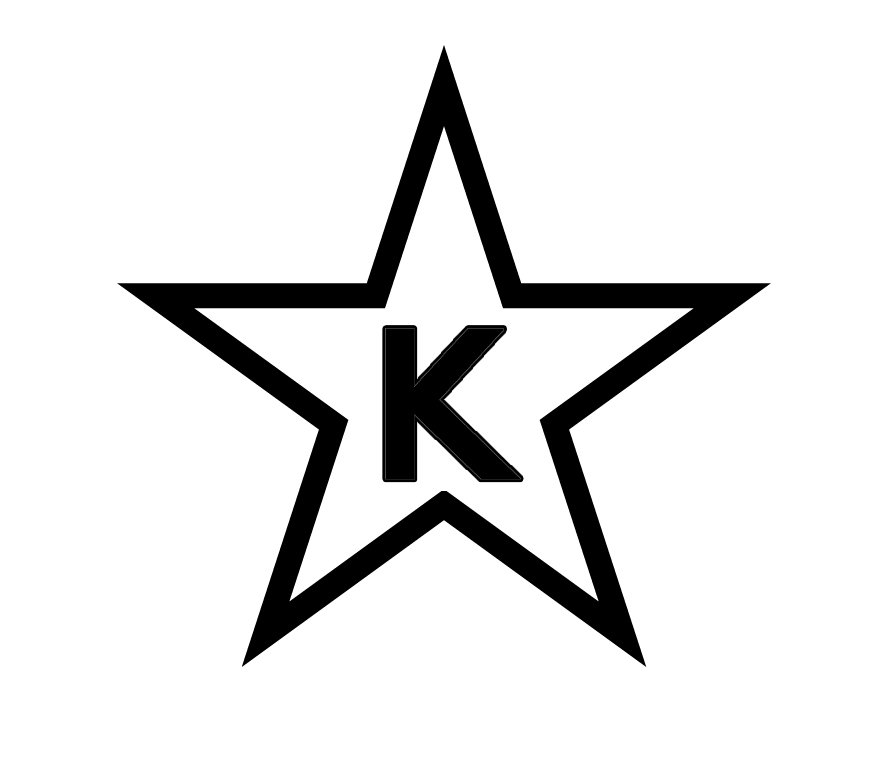Quality food is one of the main factors for your health to be the best. Food products and diets are becoming more and more popular, resulting in more specific groups of product users. As the product market grows, more and more organizations guarantee product quality.
Do you know which organizations check the food products you buy? What standards apply to the products we use?
Certificates of food products
Food certifications and labels are used on almost every product sold in grocery stores. These certificates are issued by third parties to verify that the products, methods and systems used by the product manufacturer meet various food safety standards.
USDA Organic
This is one of the most common labels on grocery store shelves. These foods have been tested and certified by the United States Department of Agriculture to meet or exceed a minimum of 95 percent. organic ingredients standard.
Multi-ingredient products containing less than 70% certified organic products, fall into the category of "specific organic ingredients" and do not need to be certified.
These products may not carry the USDA organic label or use the word "organic" in their advertising. Their ingredient list can list certified organic ingredients and the percentage of organic ingredients.

Certified Gluten-Free

An increasing number of people are giving up gluten because they are struggling with celiac disease or trying to avoid the symptoms of gluten intolerance. in 2017 There were more than 3 million in the United States. people who followed a gluten-free diet.
With this surge of interest in gluten-free products, many brands are catering to this audience by becoming gluten-free certified. This certification is offered by many organizations with their own criteria.
The Gluten Free Certification Organization (GFCO) is a program of the Gluten Intolerance Group (GIG) of North America. GIG is a non-profit organization that strengthens the gluten-free community through consumer advocacy, advocacy and education.
GFCO operates an independent third-party certification program for gluten-free products. This program does not enforce federal regulations and is not a requirement for gluten-free labeling.
GFCO has established higher standards for gluten-free certification based on its alignment with consumer advocacy organization GIG. Focused on consumer safety, GFCO has become the most widely used and trusted gluten-free certification mark.
GFCO ensures that every step of your certification is carried out in accordance with international best practices in auditing and product certification.
Non-GMO

Genetically Modified Organism (GMO) is a plant or animal that has been modified in a laboratory using engineering techniques to create genes that do not occur traditionally.
Products marked with the "Non-GMO Project Verified" logo do not contain genetically modified organisms or ingredients derived from GMOs.
The European Union (EU) has strict requirements for GMOs. Genetically modified foods and GMOs for food are allowed to be placed on the market only after they have been verified by the highest standards of safety tests, have been authorized and the relevant authorization conditions have been met.
Certified Vegan

The prevalence of veganism continues to grow: According to the latest data, more than 13.4 million (4 %) people in the United States claim to follow a vegan diet. Thanks to the growth of this community, certified vegan is now a food safety label.1
In order for your product to be approved as a certified vegan product, it must not contain any animal-derived ingredients or animal-derived GMOs. Also, your products must not be tested on animals.
Globally distributed and recognized, the Certified vegan logo is a registered trademark, similar to the kosher mark, that designates products that do not contain animal products or by-products and have not been tested on animals.
The certified logo is easily visible to consumers interested in vegan products and helps vegans shop without a constant list of ingredients. It also helps companies recognize the growing vegan market, and the word 'vegan' - and the lifestyle it describes - is becoming mainstream.
However, keep in mind that this logo is not yet on all vegan products. The certified vegan logo is currently on thousands of products produced by more than 1,000 companies.
Keto Certified
Over the past few years, the classic ketogenic diet has become increasingly popular, leading to the creation of the keto-certified food safety label. Because the keto diet has strict rules, brands are improving their keto diet offerings and using this food safety label.
Keto Certified standards require products to meet specific goals for carbohydrate content and ingredients; this means they must not contain artificial colors, fragrances or synthetic ketones.
Whole30

in 2009 Melissa and Dallas Hartwig created the Whole30 diet to help people identify problem foods and stop unhealthy cravings. Over the past decade, this diet has become popular among American consumers. in 2018 The International Food Information Council reports that more than 5 in % Americans follow the Whole30 diet. To meet Whole30 certification standards, a food product must contain no trace of the following substances: added sugar, alcohol, grains, dairy, legumes, carrageenan, monosodium glutamate and sulfites.
While these are some of the most popular labels you'll come across when you go to the store, this is by no means an exhaustive list. As food manufacturers demand more transparency, as well as cleaner and healthier products, these certifications are sure to grow in number and visibility.
Certified Humane® Raised & Handled

When you see the Certified Humane® Raised & Handled logo on a product, you can be sure that the food comes from operations that meet exacting and objective animal welfare standards.
Humane Farm Animal Care (HFAC) is a leading non-profit organization working to improve the lives of food-producing farm animals.
A voluntary farm animal welfare certification program that requires farmers and downstream processors to adhere to precise, objective standards for the humane treatment of animals and the traceability of certified products.
The Certified Humane logo allows producers to stand out in the market and gives consumers the opportunity to promote demand for humanely raised animal products.
Kosher

The kosher certificate proves that the obtained products comply with the precepts of the Jewish religion, and therefore are considered clean and suitable for consumption by those who follow this religion. It covers everything from the composition and ingredients of the product to the manufacturing process, with particular attention to the preparation and cleaning of the equipment used in production.
Kosher certification is a tool that helps you stand out and take a competitive position internationally in an ever-growing market. This certification is important in promoting food exports to countries with significant Jewish communities.
Organic agriculture Europe

Certification of organic farming in Europe allows organic products to be traded in the European Union.
In order to receive the green EU logo and the label "organic", products must be certified by a certification body approved by the competent authorities, such as Ecocert, to confirm their compliance with the EU organic production regulation.
The European Organic Farming Certificate applies to agricultural raw materials and food products.
The most important thing is quality
Increasing consumer awareness about food safety, stricter certification and standards requirements for food products, and more steps taken by the government to ensure food safety are all key drivers for market growth.
Food certification is becoming mandatory as various governments strictly control food quality to ensure that food is safe and healthy.










